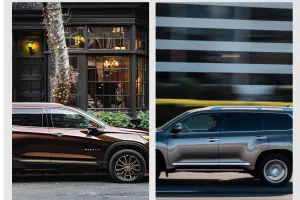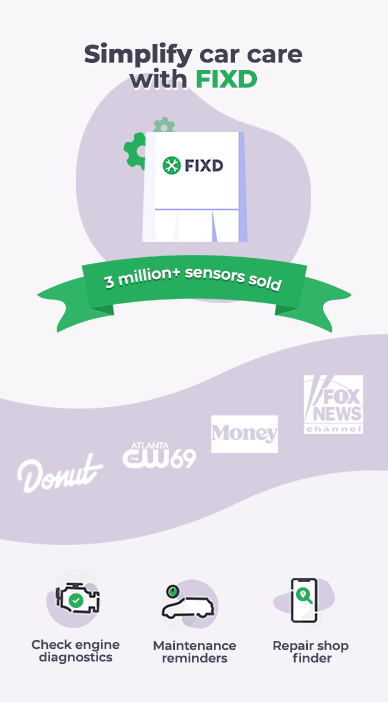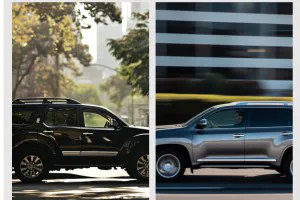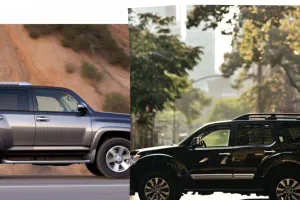“We’ve been trying to reach you about your extended warranty.” It’s the butt of many jokes and internet memes, as well as a common upsell when you buy a car at a dealer. But extended warranties can actually be extremely useful. In many situations they’re worth the small expense now to save a lot of money later, and the benefits go way beyond the warranty itself. But extended warranties aren’t for everyone. Read on to find out whether an extended warranty is right for you, as well as some tips on when and where to get one, and exactly what warranty you should choose.
6 Reasons Why You Should Get an Extended Warranty
There are many reasons why having an extended warranty on your car is genuinely useful, and can save you from a massive unexpected expense. Here are six of those reasons:
1. Big Savings on Big Repairs
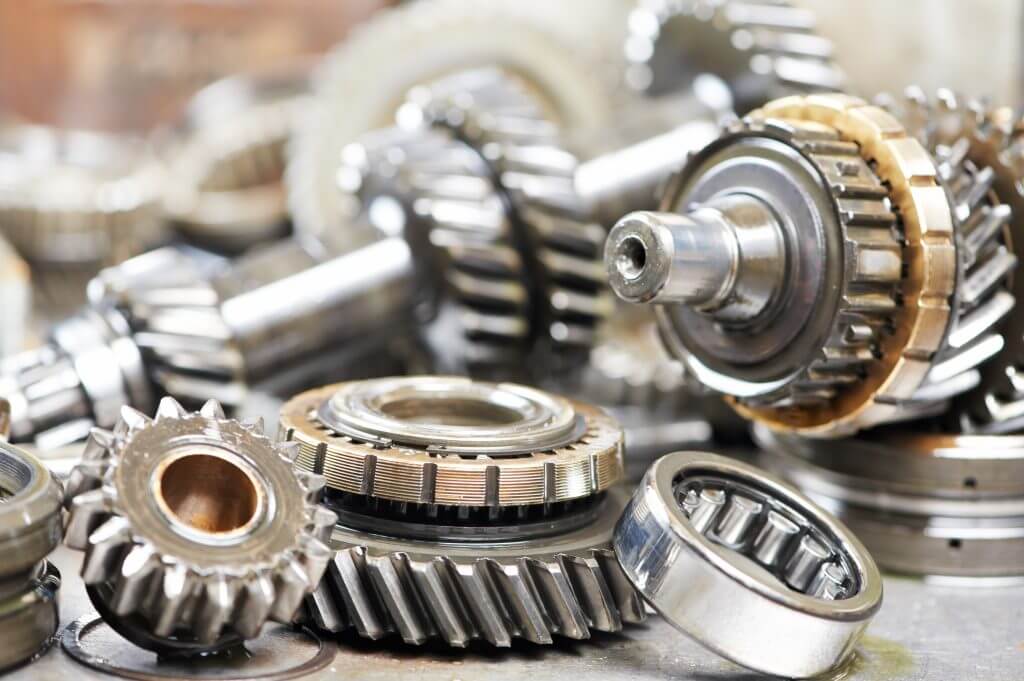
An extended warranty can absorb the blow of an expensive repair, such as engine problems or a transmission failure. By spending a small amount of money each month, your major repair costs will be covered.
Cars are expensive. Not only are they expensive to buy, but they are also expensive to maintain. Even if nothing goes wrong, you still need to maintain it. If something major does break, you could be looking at thousands of dollars in repairs. Most people don’t have this kind of money burning a hole in their pocket. Some joke that if your car knows you just had a windfall of money, that’s when it will choose to need a massive repair that will force you to spend that money on it instead of something you actually wanted.
Of course, there are limitations. You’ll need to read the fine print on your extended warranty. Maintenance and wear-and-tear items are often not covered, so you’ll still need to pay out of pocket for them. If you have a deductible that you must pay before coverage kicks in, you may still end up paying for minor repairs that are technically covered, but don’t meet the deductible amount. So be careful not to think that you’re only going to have to pay for the warranty and nothing else.
2. You Want New Car Coverage On a Used Car
An extended warranty can give you the peace of mind you normally get with a new car on a less expensive used car. The main appeal of a new car is that no one has owned it before you. Cars are most reliable when they’re new, and come with a factory warranty to back that up. You know that no previous owner has neglected it or abused it, leaving you to deal with the resulting problems.
Even with a detailed vehicle history, you still don’t know how a used car was treated before you buy it. An extended warranty not only provides you with coverage beyond the original factory warranty, it can also give you a similar guarantee that a used car will be as reliable as a brand new one. This can give you the best of both worlds – the more affordable price of a used car, plus the guaranteed reliability and coverage of a new car’s factory warranty.
3. Your Car’s Reliability Is Not the Best
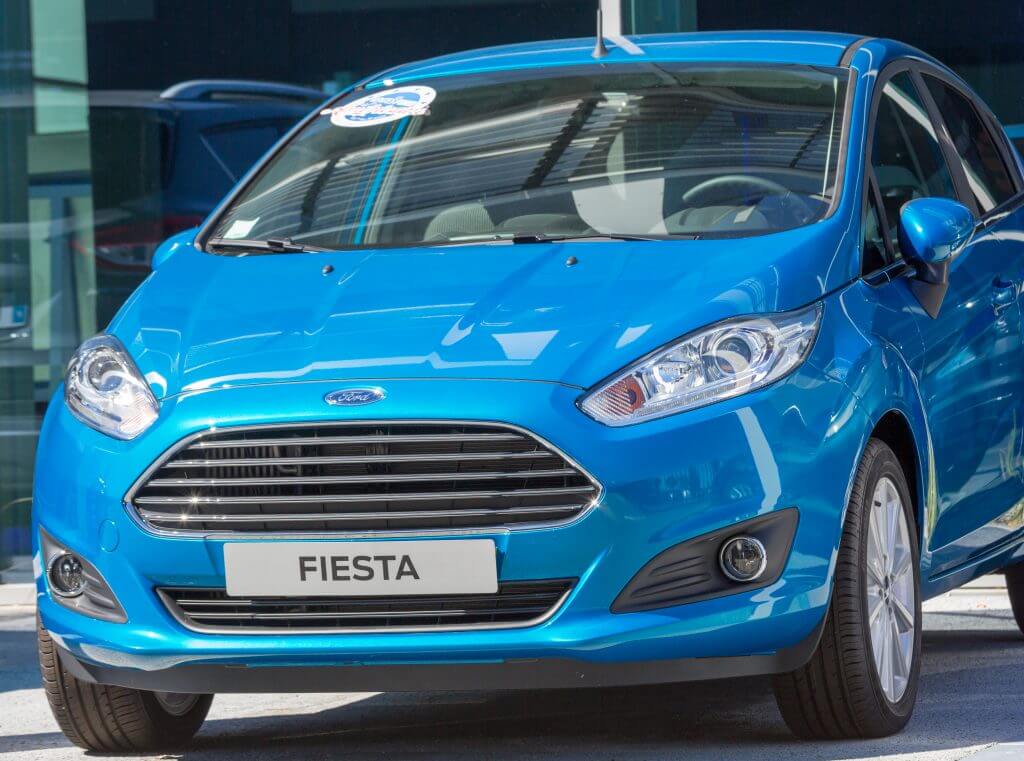
If your car is known to have poor reliability, an extended warranty can help you stay on the road. You’ll need to figure out how to get around while your car is in the shop, but at least you won’t have to worry about the repair bill.
Every car, no matter who builds it, has its weak points. Ford’s PowerShift transmission in the 2011-2016 Fiesta and 2012-2016 Focus has well-documented design defects. Despite having a generally good reliability record, Subaru still has a reputation for bad engine head gaskets, even though newer models have fixed this problem. Nissan transmissions also have a reputation for poor reliability. These are only a few examples. No matter what you drive, it has an Achilles heel somewhere.
If you end up owning a car that is vulnerable to an expensive repair, an extended warranty that covers this repair is cheap insurance against getting stuck with the bill. In the case of the Subaru, you could save some money by choosing a powertrain warranty rather than bumper-to-bumper coverage. The rest of the car is quite reliable, but if you’re worried about head gasket problems, the engine would be covered. The Ford and Nissan issues would fall under a drivetrain warranty, which excludes expensive engine repairs but would still cover the transmission problems that drivers commonly encounter.
4. You Plan To Keep Your Car for a Long Time
If you keep your car for the long haul, an extended warranty can ensure that it remains in great shape for many years and miles beyond the factory warranty.
Any car is a significant investment. If you intend to keep your car for many years, it makes sense to ensure that it will remain in the best condition possible. An extended warranty will help you do that, even beyond the term of the factory warranty. If you keep your car for a long time you will directly benefit from the investment in a long-term extended warranty, rather than a future buyer of your car, were you to sell it sooner.
5. Enhanced Resale Value
Having an extended warranty can increase your car’s resale value. It assures the future buyer that any issues your car may have had were repaired promptly and properly. In some cases, it’s even possible to transfer the warranty to the new owner. You will need to read the fine print on your extended warranty to know if this is an option or not.
6. Optional Extras
Although you can buy roadside assistance, rental car coverage, and other perks separately, some extended warranties include them. These may not be a reason to buy an extended warranty in themselves, but they may be a reason to choose one warranty over another.
4 Reasons Why You Should Not Get an Extended Warranty
Extended warranties have many benefits, as we’ve already described. But they’re not a “one size fits all” solution, either. In some situations, not only may you not benefit from an extended warranty, you might even be better off skipping them entirely. Here are four examples:
1. You Can Afford Big Repairs

If you have enough money saved up that you can afford major repairs if necessary, you might not need an extended warranty.
The major benefit of an extended warranty is that it will cover unexpected repairs that you may not be able to afford. But if you can afford them on your own, you can save money by not buying the warranty. Instead, you can put that money directly toward repairs and maintenance, including jobs that an extended warranty doesn’t cover. Some recommend having an emergency fund you don’t dip into except for occasional big ticket items like sudden, expensive car repairs. This works well if you can afford it, though many people can not.
2. You Change Cars Frequently
If you buy a new car every few years, you may not even own it long enough for the extended warranty to provide coverage. For example, let’s say you change cars every three years, and those cars have the common three-year or 36,000 mile factory warranty. Unless you drive more than 36,000 miles in that time, you will always be covered by the factory warranty, and won’t need extended coverage.
It is much more expensive to buy a new car every few years than to buy an extended warranty, so this is not a good way to avoid buying an extended warranty. But if you’re already doing this for other reasons, such as a business expense, it may not make sense to buy an extended warranty you won’t end up using. The exception would be if you want to increase your car’s resale value, especially if you buy a warranty that you can transfer to a subsequent owner.
3. You Own an Older Car

It can be prohibitively expensive, or even impossible, to find extended warranty coverage for an older car. The older and higher mileage a car is, the more expensive an extended warranty is going to be. This is because older cars with high mileage are more likely to experience breakdowns and need repairs.
It’s simply not cost effective for warranty companies to cover older cars. In this case, you’re better off not having a car or warranty payment, and setting aside some of the money you would have spent on them into an emergency fund. Then, if an expensive repair becomes necessary, you can dip into that emergency fund to cover the repair. This is what I do with my 2004 van with more than 136,000 miles.
4. You Use Your Car for Business
If you’re an Uber driver or deliver pizza, check the extended warranty fine print carefully. Many do not cover commercial use of the vehicle. If you’re using your car for work, you’re on the road a lot more than if you were simply commuting or running errands. This puts extra wear and tear on the car, more than many extended warranties agree to cover.
Factory warranties do not have this restriction. They guarantee the reliability of your car whether you use it personally or commercially. You may be able to find an extended warranty that covers commercial use as well. You just need to read the contract very carefully to make sure it’s covered.
When To Get an Extended Warranty
An extended warranty is a popular dealer upsell at the time of purchase, but it’s not the only time you can buy it. Generally, you can buy one from the manufacturer anytime before the factory warranty expires. Third party warranties can even be added afterward.
The only real benefit to buying it at the same time as your car is that the dealer can wrap your extended warranty payments into your auto loan, so you never actually see the separate payments. You can often save money by buying it separately at a later time. Remember, if you buy a new car your factory warranty covers you for a while, so you won’t even need an extended warranty while the factory warranty is still in effect. Start researching extended warranties as your factory warranty is coming to an end. Begin early enough to seal the deal before it expires, but not so early that you’re spending money now for a warranty you won’t even need for months, or even years.
Where To Get an Extended Warranty

The dealer where you bought your car is the most obvious place, but there are countless other options. You can buy an extended warranty directly through your car’s manufacturer, or through a third-party company such as CARCHEX.
Even after you buy your car, you can still buy an extended warranty through your dealer for a time. Usually the dealer requires you to buy it before your factory warranty expires. This way, they can ensure uninterrupted coverage. The moment your factory warranty expires, the extended warranty will kick in.
If you choose this option, it’s important to find out whether your extended warranty will be through the manufacturer, or the dealer itself. If it’s through the manufacturer, you will likely be able to take your car to any dealer in the country. This can be useful if you run into problems while you are traveling. A warranty through the dealer may require you to return to that specific dealer to be honored. This may not be a concern now, but consider whether you may travel or move out of the area in the future. Most importantly, read the fine print to learn where you can get warranty service, regardless of whether it’s through the dealer or manufacturer.
Third-party warranties are often a bit more flexible. They may offer longer terms and more miles than the manufacturer. They may also allow a lapse in coverage after the factory warranty has expired, and cover your ride for more time or miles than the manufacturer’s extended warranties will. There are many third-party extended warranty providers available, including CARCHEX, Endurance, and CarShield.
If you’re looking for affordable extended warranty coverage, check out the FIXD Vehicle Protection Plan. We’ve partnered with CARCHEX, the industry leader in extended warranties, to cover everything from the engine and other powertrain parts to air conditioning and electrical systems, all for one low monthly fee. There are 5 levels of coverage available to suit all needs and budgets. Call now for a no cost, no obligation quote.
What Extended Warranty To Get
The type of extended warranty you should get depends on the type of coverage you need and how much you want to spend. For example, you can save money by choosing a powertrain warranty to cover the most expensive parts at a lower price than a bumper-to-bumper warranty.
There are many different kinds of warranties, and extended warranties are no exception. The two most common types are bumper-to-bumper and powertrain/drivetrain coverage.
Bumper-to-Bumper

A bumper-to-bumper warranty works the same way as the factory warranty. Pretty much everything, except for maintenance and wear items, is covered. This is the most comprehensive warranty package, but also the most expensive. If you go for a long-term and high-mileage warranty, you’ll have the maximum coverage, but you’ll also be spending a lot of money.
Consider whether or not that investment makes sense in your situation. If you have a car with a good reliability record, you may spend more on the warranty than you would for any minor repairs out of pocket. On the other hand, if you don’t drive a particularly reliable car, a bumper-to-bumper warranty may ease the strain on your bank account when those repairs become necessary.
Powertrain or Drivetrain
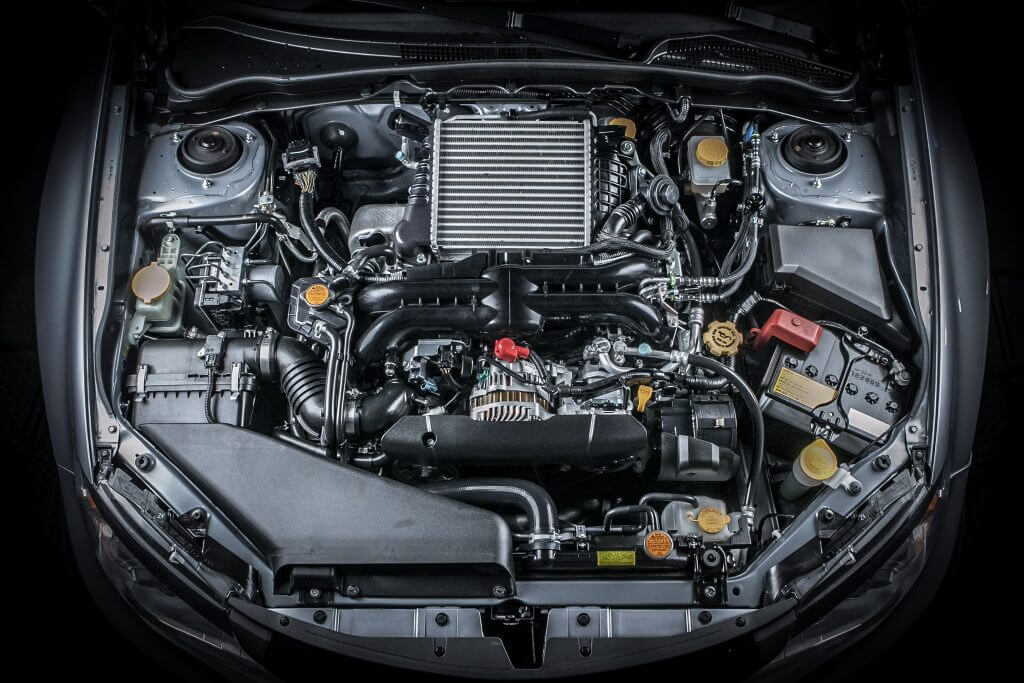
This also works like your factory powertrain warranty. It covers the engine, transmission, differentials, drive axles, and anything else that makes your car move. It does not cover anything else, such as the brakes, suspension, or infotainment system. However, the powertrain is one of the most expensive systems to repair. You can save money with a powertrain warranty, and absorb the costs of other repairs yourself. A powertrain or drivetrain warranty is less expensive than a bumper-to-bumper warranty, because it doesn’t cover as much of the car.
The right choice for you depends on your vehicle and your situation. Some models are known to have common engine or transmission problems, particularly at higher mileages beyond the factory warranty. If the rest of the car is pretty reliable, consider an extended powertrain warranty to make sure these expensive parts are covered. If your model’s engine and transmission have a good reliability record, it may not be worth paying for this coverage.
There is often a subtle difference between a powertrain and drivetrain warranty:
A powertrain warranty usually covers the entire system, from the engine through the axles.
A drivetrain warranty generally excludes the engine, the source of “power,” but includes all of the components that “drive” the car down the road – the transmission, differentials, axles, etc.
A drivetrain warranty may be less expensive than a powertrain warranty, again because it doesn’t cover as much. If your model is known for transmission issues but has a good, reliable engine, you might consider a drivetrain warranty to save a little money. If your car’s weak point is the engine itself, get a powertrain warranty that will cover it.
This terminology is not universal, however. For example, the Honda Care brochure uses these terms interchangeably, and specifically includes the engine in its description of drivetrain coverage. You need to read carefully to determine for sure whether your engine will be covered, regardless of whether they call it a powertrain or drivetrain warranty.
To ensure continued coverage after your factory warranty expires, be sure to check out the CARCHEX+FIXD Vehicle Protection Plan. And remember, the best way to ensure warranty coverage (and prevent costly repairs in the first place) is to follow your manufacturer-recommended maintenance schedule. Get the FIXD Sensor and free app today for automated maintenance alerts based on your make, model, and mileage, easy engine diagnostics, repair shop finder, and more!

Recovering autocross and track day enthusiast. Once turned a VW Jetta into a pickup truck. Lives in a van down by the river. Dream car: 2001 Subaru WRC rally car.



